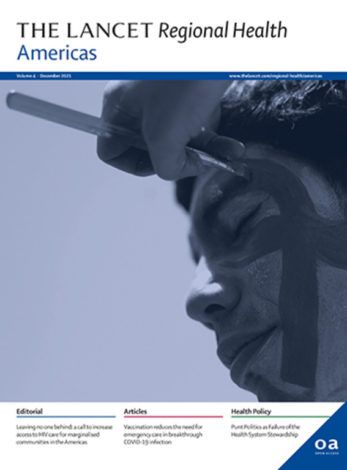In the absence of a nationally coordinated strategy to control and mitigate the spread of SARS-CoV-2, Brazilian state and municipal governments adopted non-pharmaceutical interventions to reduce the spread of COVID-19 starting in mid-March 2020.1 Twenty-six state governments mandated the closure of schools in Brazil for in-person learning affecting over 35.2 million children and adolescents (roughly 17% of the nation’s population).2 The overwhelming majority of these students depend on public schooling, and for those children, especially those living in situations of high vulnerability across Brazil, on-site school closures also resulted in the increase in hunger and nutritional deficiencies in the absence of school meals and rising unemployment in already vulnerable pre-pandemic communities further exacerbating inequalities with those enrolled in private schools.


